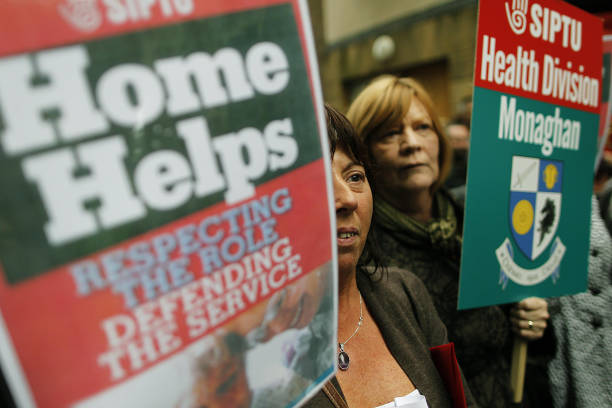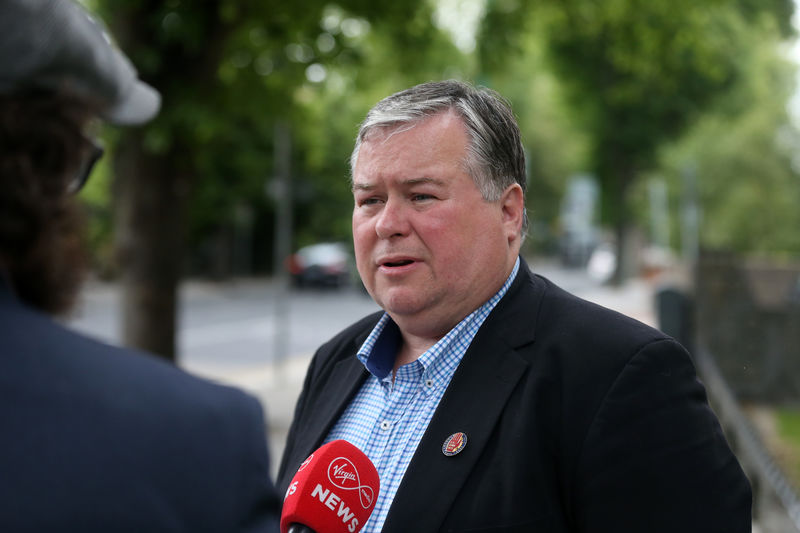SIPTU members working in Section 39 organisations to ballot for strike action
SIPTU representatives have today (Tuesday, 31st December) confirmed that up to 500 home helps working in community and disability services across Dublin city and county will be balloted for strike action early in the new year.
The decision follows the failure of some Section 39 organisations to honour a national “pay restoration” agreement brokered under the auspices of the Workplace Relations Commission between SIPTU representatives, the Health Service Executive (HSE), the Department of Health and the Department of Public Expenditure and Reform (DPER).
SIPTU Health Division Organiser, Paul Bell said: “SIPTU representatives have done everything possible to secure payments owed to our members in Section 39 organisations since a deal was brokered on 30th April, 2019. The organisations at the centre of this dispute provide home care services on behalf of the HSE through a Service Level Agreement (SLA) and have established pay links to public service pay scales. This pay relationship, which ultimately allowed for our members to have their pay cut in line with the Financial Measures in the Public Interest Act (FEMPI) during the downturn, is now being ignored while our members in the broader public service family are rightly having their pay restored and progressed through the Public Service Stability Agreement including an increase in take home pay from 1st January 2020. Our members in these organisations, all low paid workers, are falling further behind, having endured cuts in pay of approximately 6% and also suffering a cut in their hours which has had a knock on effect on service users and their families. They now have been left with no option other than to take action.”
“The balloting of up to 500 home helps will commence on Monday 20th January and include organisations such as Terenure Home Helps Services, Crumlin Home Care Services, Dublin West Home Care Services, Trinity Home Care Services, North Inner City Home Care Services and Fingal Home Care Services.”
Bell also confirmed a number of other Section 39 organisations that have not yet committed to pay restoration in the wider health and social care sector will also be balloted for strike action in January.
“These organisations, approximately 250 in total, will be balloted for strike action by SIPTU and other trade unions involved in this dispute, around the third week of January. These organisation are located in every corner of the country and many are household names in the provision of health and social services.”
He added: “In recent weeks, the Government has declared through the HSE and Department of Health under the auspices of the Workplace Relations Commission that these organisations have no budgetary provision made to pay these workers under the HSE service plan for 2020. This is simply not good enough and another attempt by DPER to frustrate the pay restoration process. The original 50 organisations that played a crucial role in our pay justice campaign, with the exception of Section 39 home care organisations, have all now received payment under the national “pay restoration” agreement. The cost of pay restoration for the remaining organisations amounts to €7 million.”






